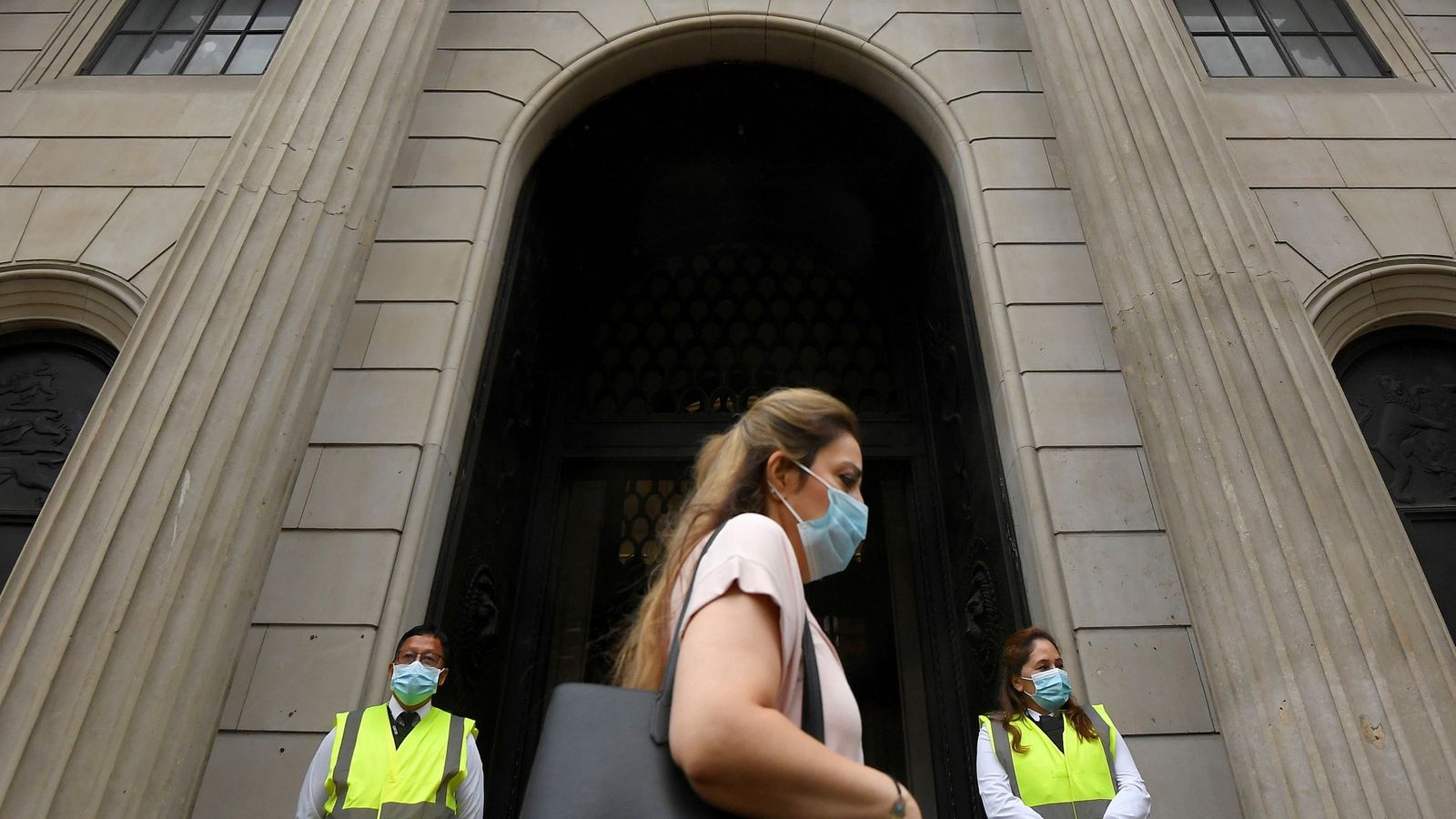The Bank of England has done away with limits on bank dividends that were introduced during the pandemic, claiming that its stress test shows that banks are in a good position to handle any future turbulence caused by COVID-19.
At the start of the pandemic, the central bank said, markets were severely disrupted, and threatened to damage the economy. The Bank of England was therefore needed to stabilise markets.
One of the recommendations that the central bank made to Britain’s lenders was to halt dividend payments and share buy-backs until the end of 2020, and to freeze bonuses for senior staff.
Thanks to the rapid rollout of a COVID-19 vaccine in recent months, the UK’s economic outlook has now improved, according to Bank of England Governor Andrew Bailey.
In light of this positive development, the central bank has given the greenlight for banks to scrap the curbs on dividends and share buy-backs.
The recommendation was made in the Bank of England’s twice-yearly Financial Stability Report, released on Tuesday morning, that assesses the UK’s economic stability, and its resilience to financial shocks and crises.
While the central bank did point to signs of improvement in the country’s economic outlook, it also warned of potential risks that still remained from coronavirus.
In particular, it said that “households and businesses will need continued support from the UK financial system as the economy recovers and the government’s exceptional support measures unwind over the coming months”.
It added that economic activity could be depressed following a further pickup in coronavirus case numbers, or a “possible drop in vaccine effectiveness arising from mutations of the virus”.
The bank also highlighted the fact that risky asset prices have continued to increase, while in some markets asset valuations appear to be higher than where they have been in the past.
This partly reflected the “improved outlook for the economy”, the report stated, but may also reflect a “search for yield in a low interest rate environment and higher risk-taking”.






















